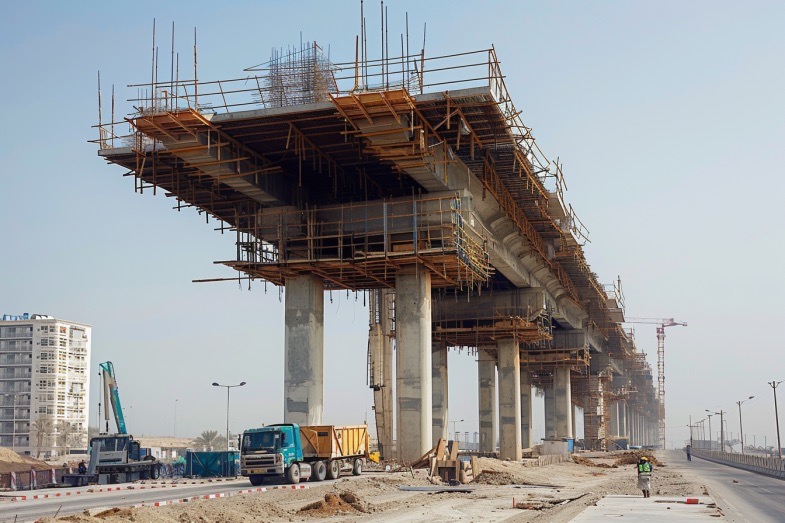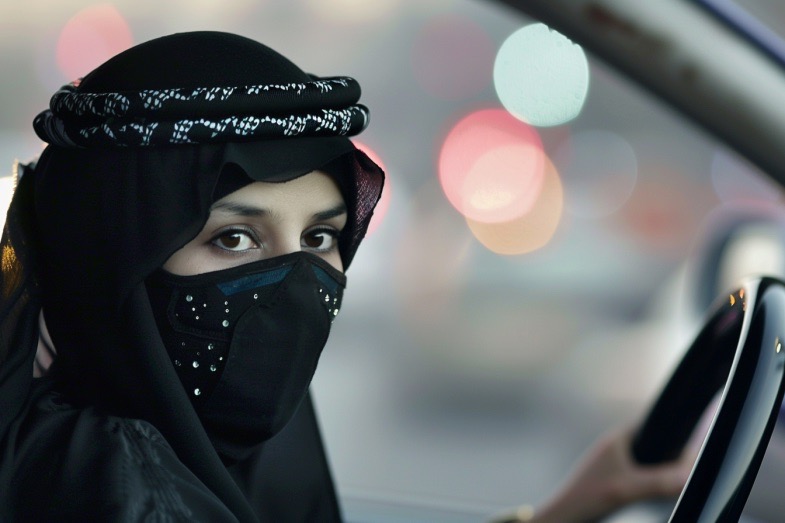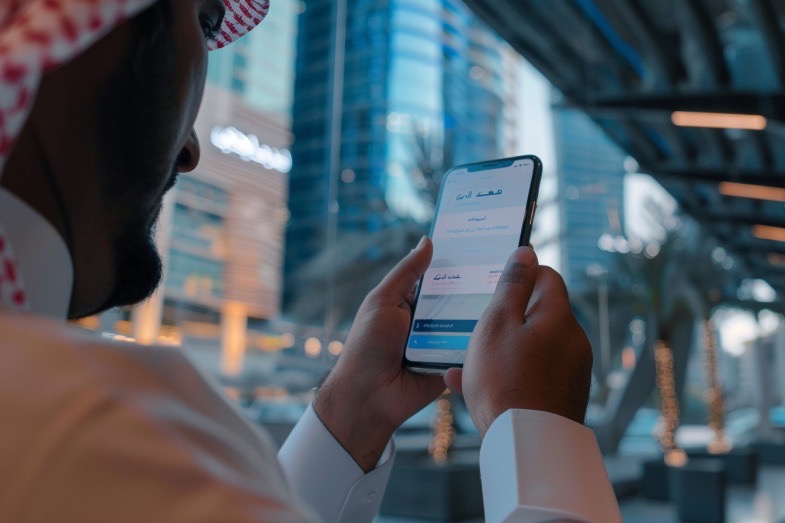HONG KONG Activists Found Guilty of Subversion
In a major blow to freedom in Hong Kong, 14 pro-democracy activists have been found guilty of subversion under the China-imposed National Security Law. Among them are former lawmakers Leung Kwok-hung and Helena Wong, journalist-turned-campaigner Gwyneth Ho, and ordinary citizens like nurse Winnie Yu who participated in the 2019 mass protests.
The activists were part of a group of 47 individuals charged with attempting to “overthrow” the government by organizing an unofficial primary in 2020 to select candidates for office. The court ruled that their election would have created a constitutional crisis for Hong Kong.
Global Condemnation
Rights groups and Western countries have strongly condemned the verdict, labeling the prosecutions as politically motivated. EU foreign affairs spokeswoman Nabila Massrali stated that the conviction marks a further erosion of fundamental freedoms in Hong Kong, while Australian Foreign Minister Penny Wong expressed objections to the broad application of national security legislation.
Legal Arguments
The High Court judges upheld the prosecutors’ argument that the elected pro-democracy candidates would have disrupted the government’s functioning by vetoing budgets. Evidence presented included campaign materials and letters found at the defendants’ homes during their arrest.
Broader Implications
The case has drawn significant attention as a test for Hong Kong’s civil liberties under Beijing’s rule. Critics argue that the National Security Law has been used to suppress dissent, while China maintains that it is crucial for stability.
Sentencing and Impact
Sentencing is pending, with subversion carrying a maximum life imprisonment term. Many activists who pleaded guilty did so to mitigate potential harsh sentences under the authoritarian regime. The guilty verdict has left families and supporters devastated, with concerns about the future of democracy in Hong Kong.
Inside the Walls: The Story of Social Worker Hendrick Lui’s Journey to Jail
In a shocking turn of events, social worker Hendrick Lui finds himself behind bars, much to the dismay of his foster mother, Elsa Wu. Wu recalls Lui’s desire to make a difference in society, a noble aspiration that ultimately led him down a path to jail.
Lui was one of 31 individuals who pleaded guilty in a case that revolved around an unofficial primary election. Despite warnings from officials, over 600,000 Hong Kongers participated in the primary to select opposition candidates for the Legislative Council elections. However, the elections were postponed and when they finally took place, pro-Beijing candidates dominated the results.
The controversial trial of the 47 activists, including Lui, was marred by accusations of a “vicious plot” to undermine the government. The National Security Law (NSL) allowed for the trial to be decided by judges handpicked by the Hong Kong government, a departure from the city’s legal traditions.
Most of the defendants, including Lui, have been in jail since their arrest in early 2021, with bail denied and pre-trial detentions becoming the norm in NSL cases. The harsh conditions of the trial, including prolonged hearings and denial of basic necessities, drew criticism from human rights advocates.
As the dust settles on the trial, the impact on Hong Kong’s pro-democracy movement is profound. With many activists now in exile or facing imprisonment, the future of dissent in the city remains uncertain. The echoes of their struggle reverberate across borders, as those who fought for democracy face the harsh reality of their convictions.



